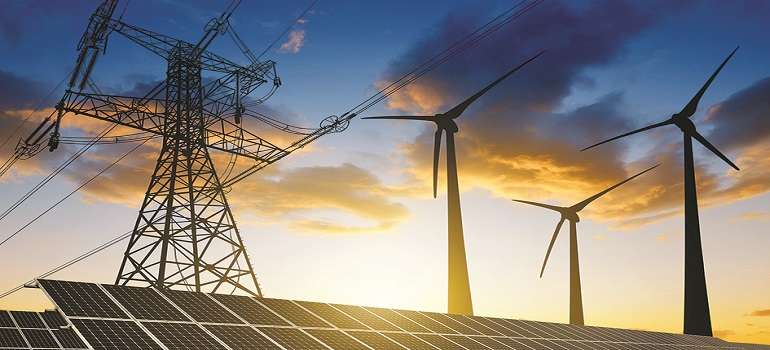
Engie is expecting half of its new renewable energy projects in 2019-2021 from power purchase agreements (PPAs) with companies or municipalities.
Reuters reports that as costs and subsidy levels for wind and solar drop, a growing number of government renewable energy projects are being awarded through competitive bidding. Engie and other renewable energy developers are increasingly signing PPA contracts with big companies and cities.
Over the three year period the company expects to develop some 4.5 gigawatts of renewables projects out of a total development portfolio of 9 GW through PPA contracts.
According to the news agency ,Thierry Kalfon, head of Engie’s renewables unit said industrial power users increasingly want the renewable power they buy to be available 24/7, rather than just buying all the renewable power that a dedicated solar or wind farm produces.
This forces renewable energy producers to store more renewable power and to have a range of renewable sources to be able to respond to demand.
As pressure grows on companies to respond to the threat of global warming, many firms are keen to show they’re switching to green power sources rather than relying on electricity generated by fossil-fuel-fired power stations.
In the United States, the largest market for PPA contracts, Engie has signed 3 GW of corporate PPA contracts for customers such as retailer Target, Boston University and telecom operator T-Mobile.
Engie sees strong growth from corporate PPA contracts in Europe too, although the low price of nuclear energy limits its outlook in France.
At the end of 2018, Engie had 18 GW of installed renewables capacity, accounting for 28% of the capacity operated by the group and 22% of its current operating profit.
Engie typically sells 50 to 80% of the ownership of the renewable energy projects it develops to financial investors once they are completed, while keeping a minority stake and remaining operator.
This reduces the estimated investment cost for the 9 GW it plans to develop between 2019 and 2021 from 8.8 billion euros ($9.8 billion) to 2.5 billion euros, Engie said.

